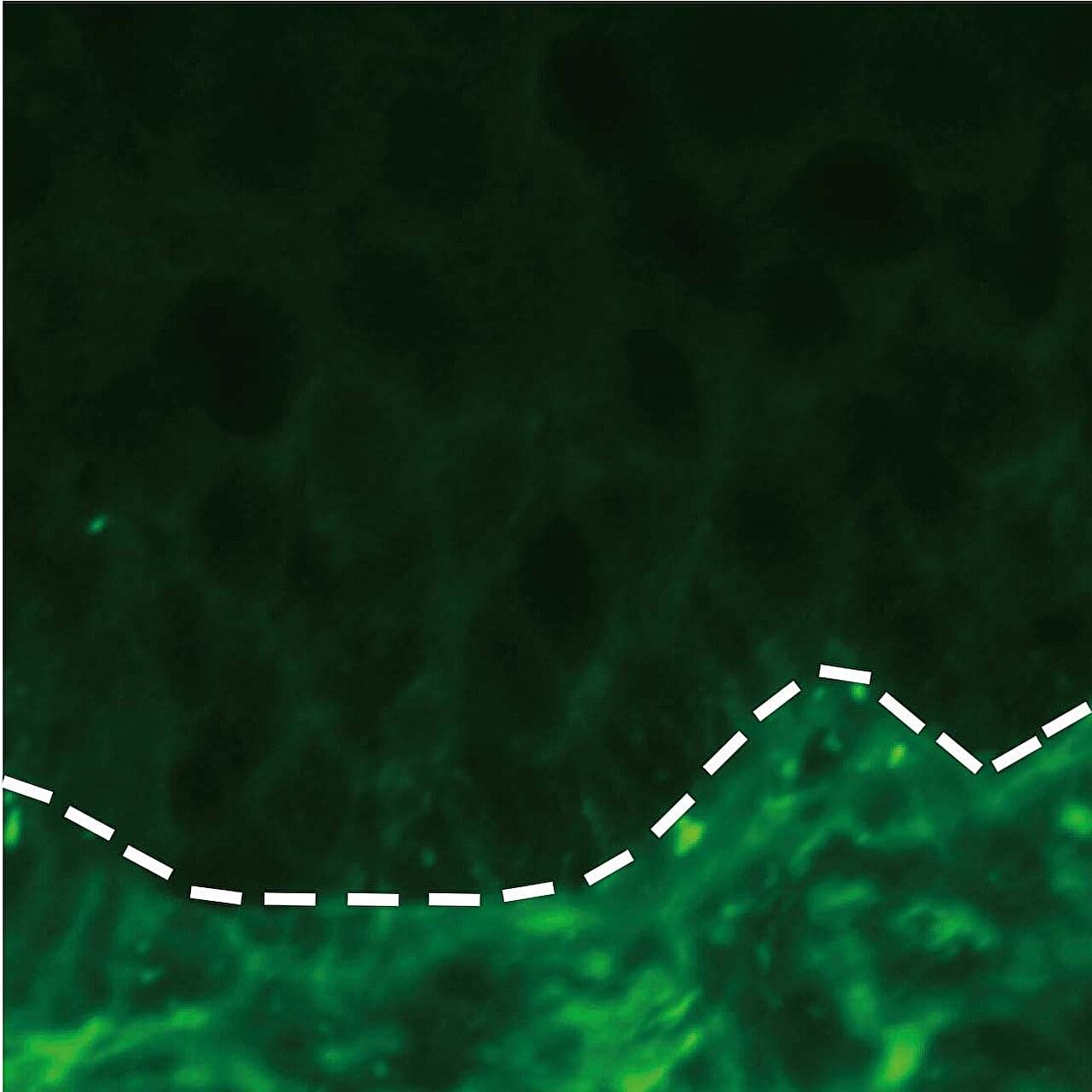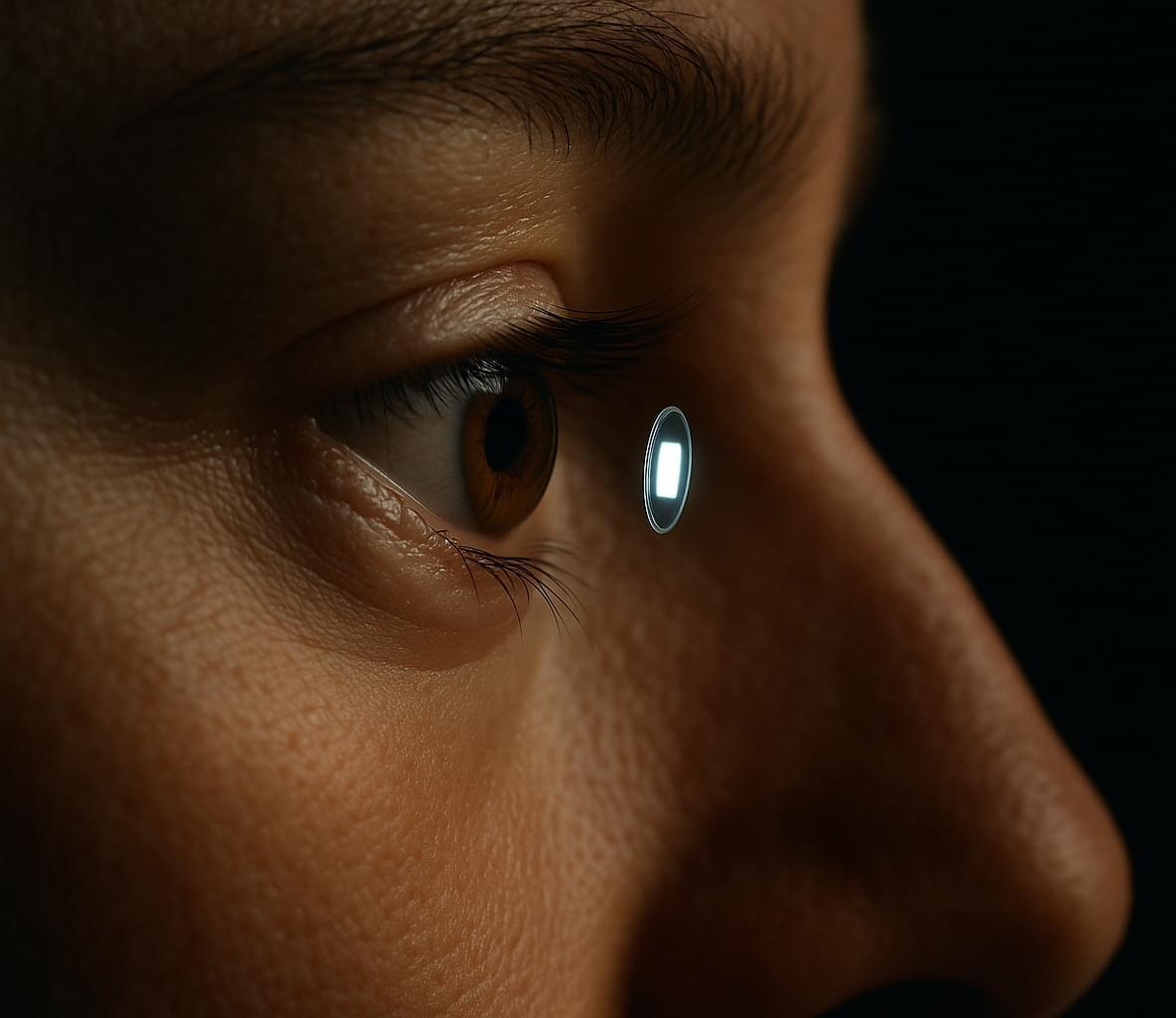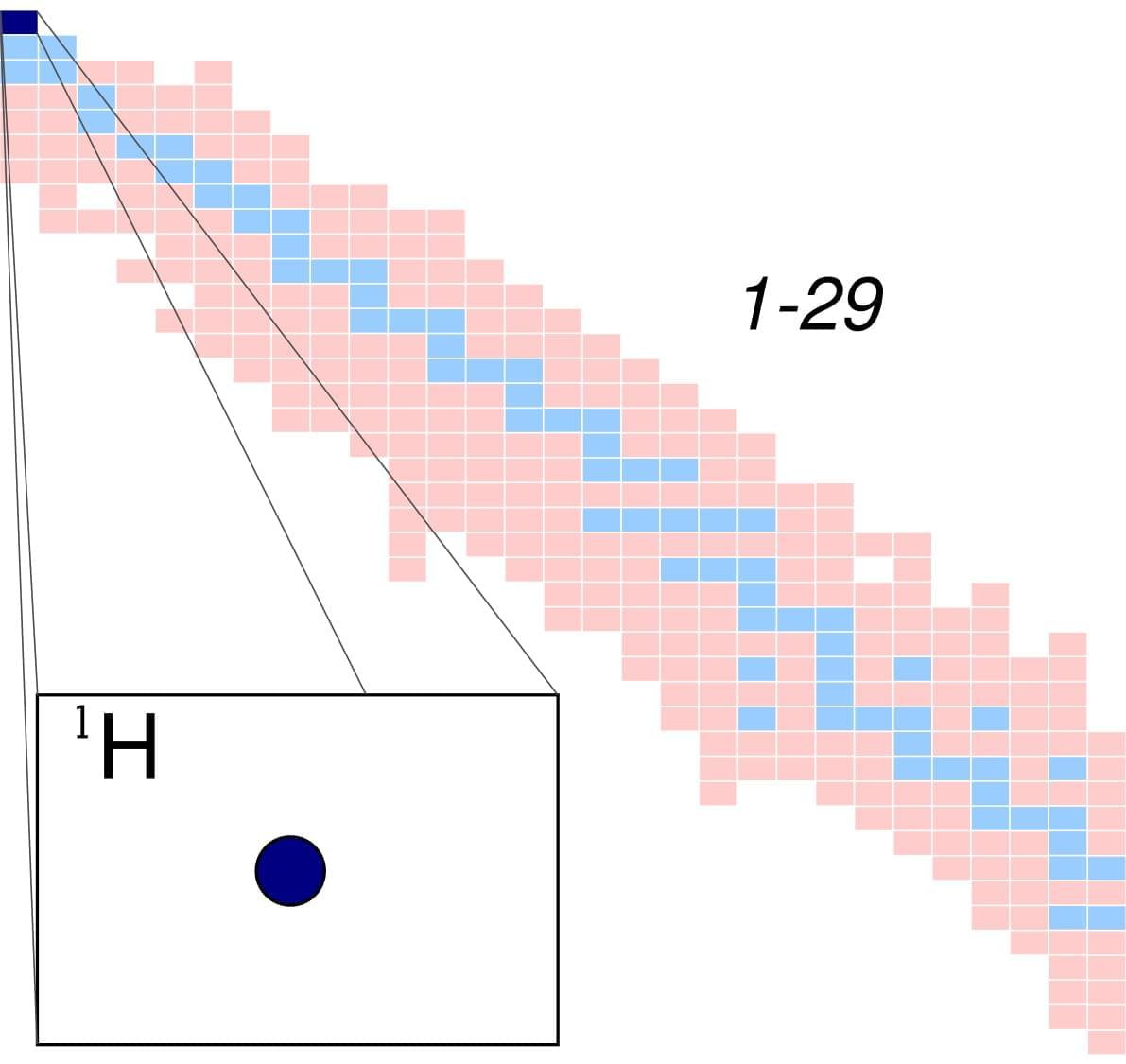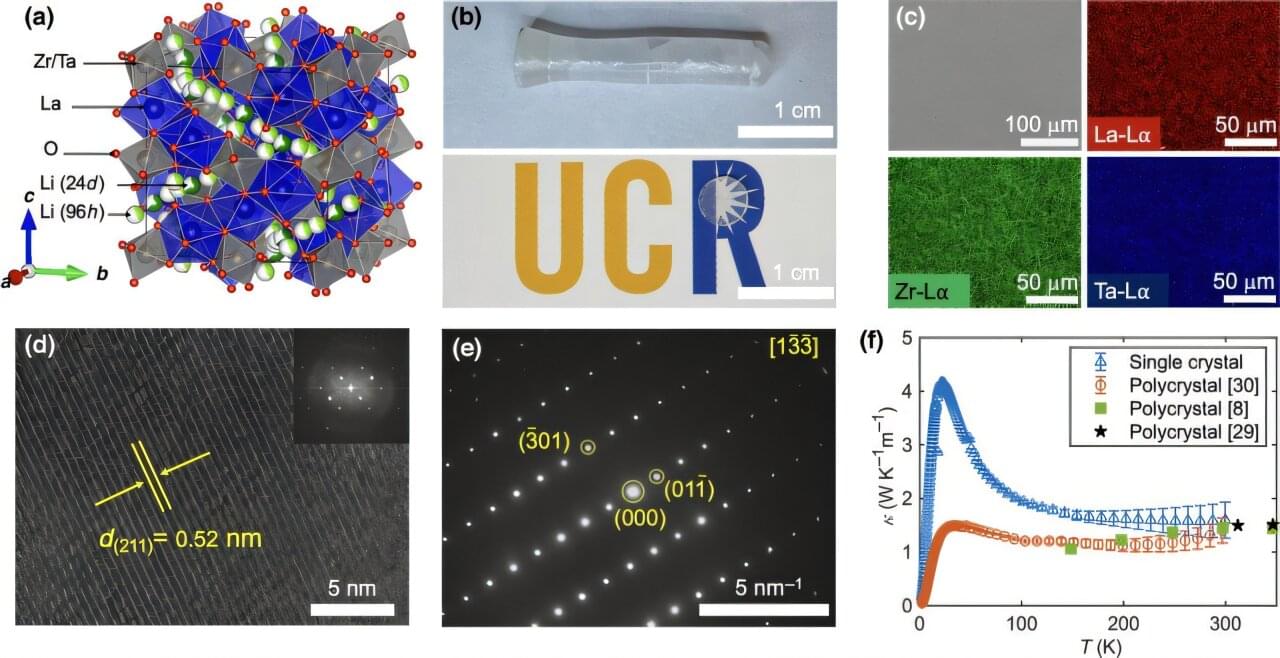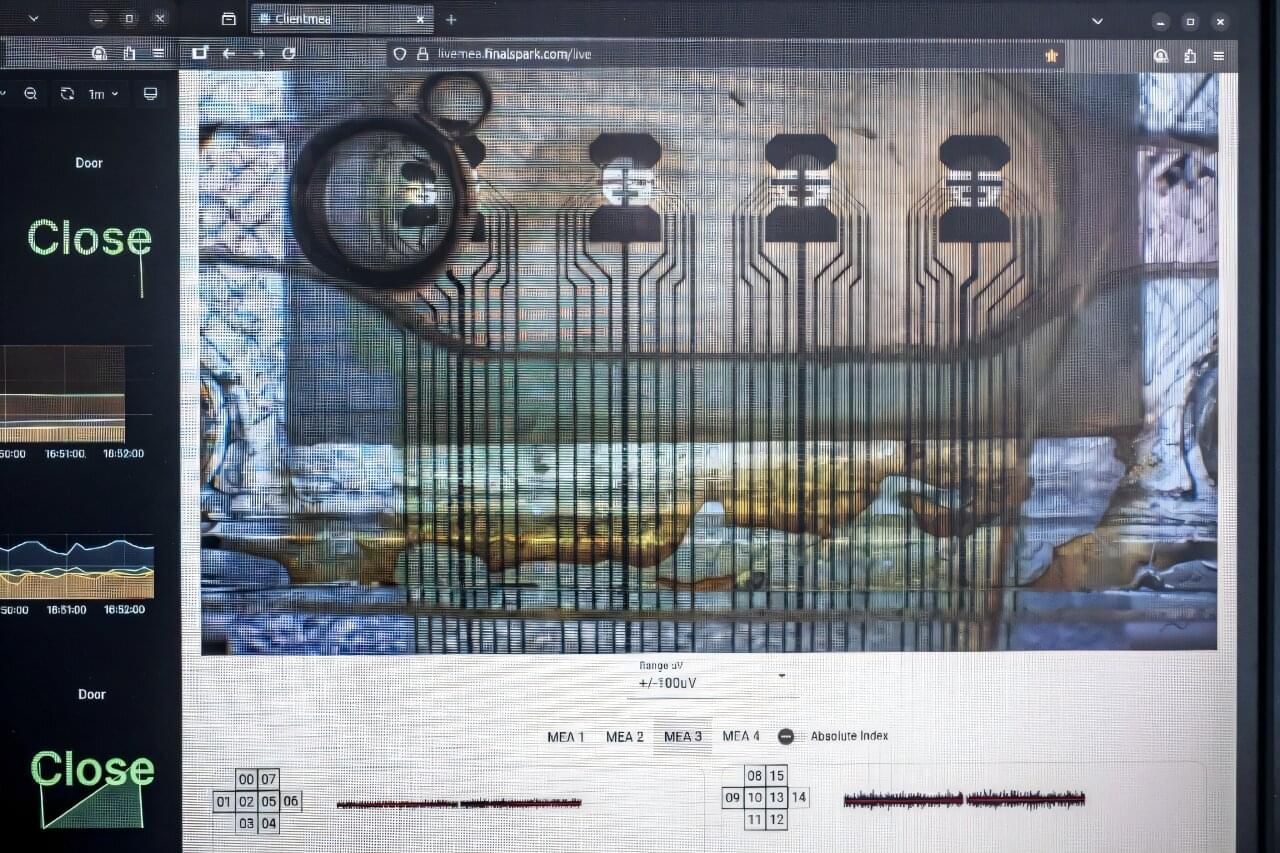Two teams of researchers have developed a cell reprogramming technology that converts rogue disease-causing T cells from our immune system into protective Treg cells. These cells help ensure that the immune system doesn’t attack the body’s own tissues. The breakthroughs could usher in more personalized and targeted cell therapies for a host of autoimmune diseases.
In the first paper, published in the journal Science Translational Medicine, scientists developed a targeted cell therapy against pemphigus vulgaris (PV). This severe autoimmune skin disease causes blisters and sores.
They took the cells that were causing the disease (Dsg3-specific pathogenic T cells) from mouse models and human patients and converted them into harmless Treg cells. They used specialized chemical tools to switch on a gene called Foxp3, which controls a cell’s ability to help the immune system, and cut off a specific activation signal to prevent the cells from turning back into attackers.
